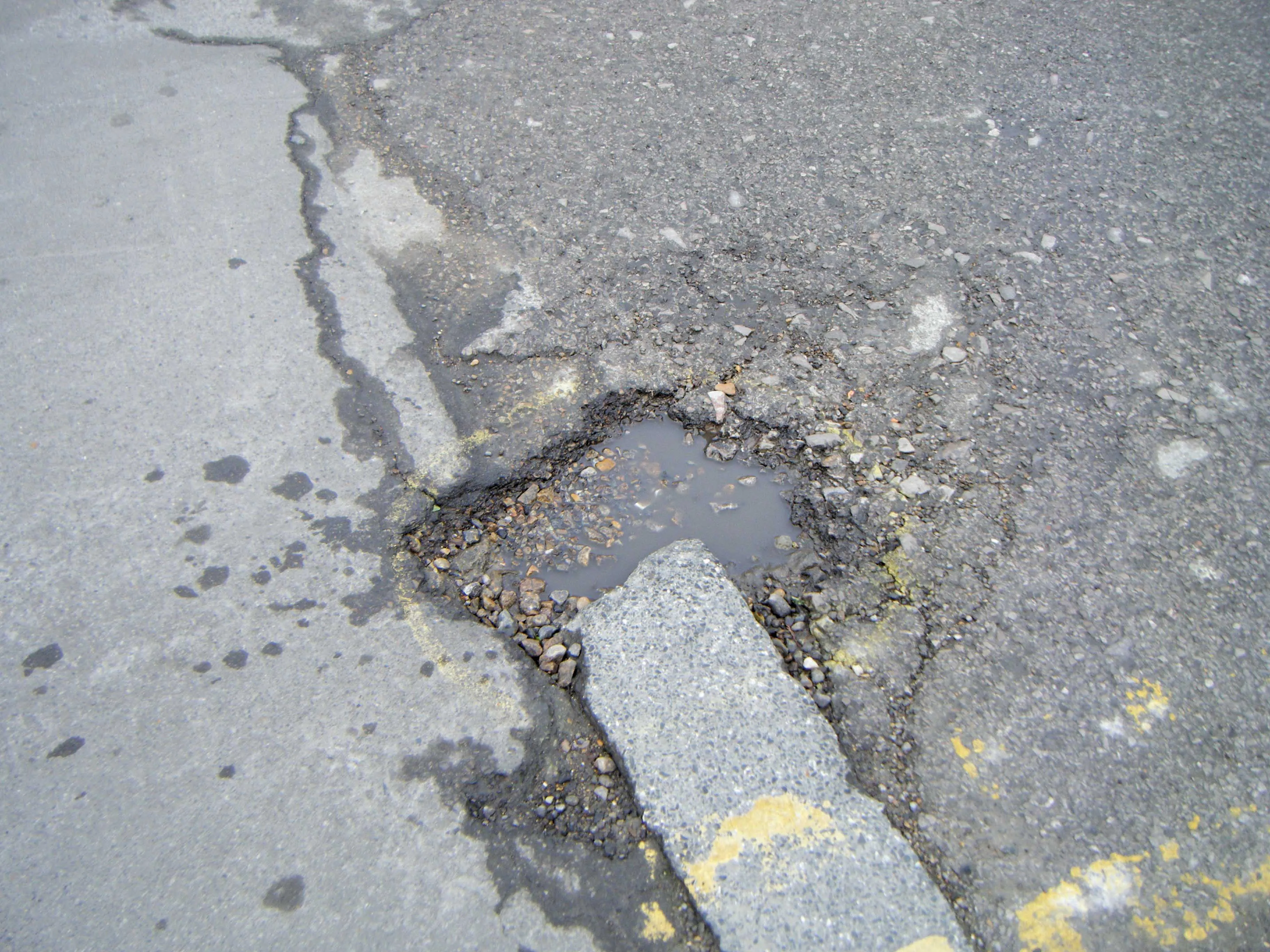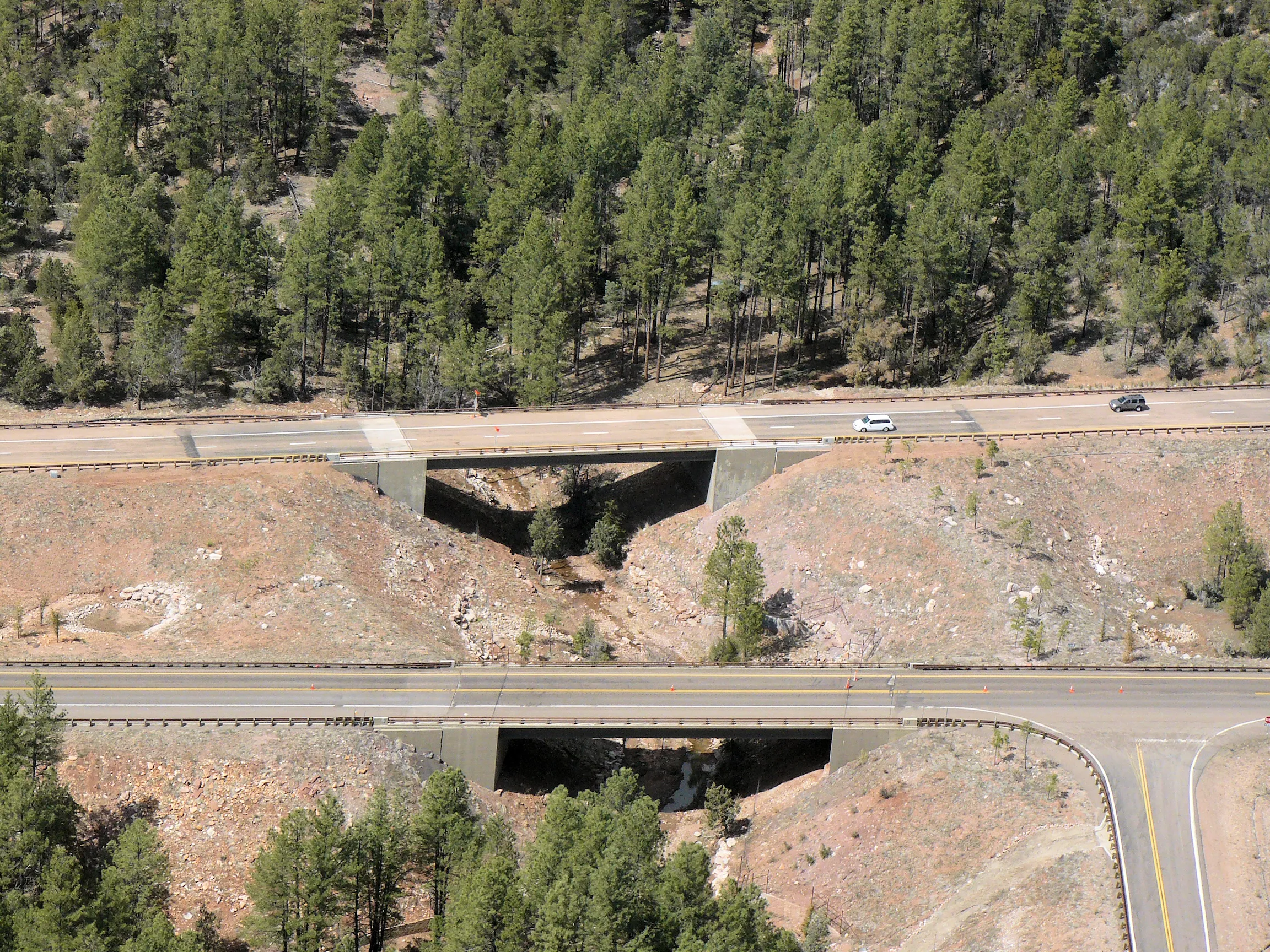The OmniAir Consortium has announced the completion of the development and testing of an Electronic Payment Services National Interoperability Specification (EPSNIS). This is a next generation ETC Services technical standard written by OmniAir's EPS Committee to control a financial transaction network for electronic processing of vehicle transactions.
May 1, 2012
Read time: 2 mins
The OmniAir Consortium has announced the completion of the development and testing of an Electronic Payment Services National Interoperability Specification (EPSNIS). This is a next generation ETC Services technical standard written by OmniAir’s EPS Committee to control a financial transaction network for electronic processing of vehicle transactions.
The primary purpose of an EPSNIS controlled transaction network is to process toll payments; however, other categories of payments are not precluded. When published in the near future, the EPSNIS will provide an open standard interface that financial institutions, banks, and toll operators can use to format and communicate toll transactions for processing. The concept is analogous to the credit card industry’s payment processing system. The difference lies in the additional fields the EPSNIS includes for information traditionally required for toll transactions.
The ultimate goal of the project is to enable toll interoperability in the ‘back-office’ by allowing – through a standard all operators can use – a driver to travel anywhere in North America and pay tolls in an interoperable manner, in much the same manner one uses a credit card for retail purchases.
“This testing effort has resulted in a major step forward in achieving transportation payment interoperability in North America,” says Tim McGuckin, executive director of OmniAir, adding that it opens up toll transaction processing to a wider range of potential providers.
“More competition is always good for the consumer, and by that I mean both the driver and, as importantly, toll operators who procure transaction services. The consolidated efforts from both public and private organisations who participated should be commended as it has resulted in a tool the entire industry can deploy to give more capability and convenience to the driving public, potentially at a much lower cost, a rare win-win in today’s business environment,” McGuckin said.
The primary purpose of an EPSNIS controlled transaction network is to process toll payments; however, other categories of payments are not precluded. When published in the near future, the EPSNIS will provide an open standard interface that financial institutions, banks, and toll operators can use to format and communicate toll transactions for processing. The concept is analogous to the credit card industry’s payment processing system. The difference lies in the additional fields the EPSNIS includes for information traditionally required for toll transactions.
The ultimate goal of the project is to enable toll interoperability in the ‘back-office’ by allowing – through a standard all operators can use – a driver to travel anywhere in North America and pay tolls in an interoperable manner, in much the same manner one uses a credit card for retail purchases.
“This testing effort has resulted in a major step forward in achieving transportation payment interoperability in North America,” says Tim McGuckin, executive director of OmniAir, adding that it opens up toll transaction processing to a wider range of potential providers.
“More competition is always good for the consumer, and by that I mean both the driver and, as importantly, toll operators who procure transaction services. The consolidated efforts from both public and private organisations who participated should be commended as it has resulted in a tool the entire industry can deploy to give more capability and convenience to the driving public, potentially at a much lower cost, a rare win-win in today’s business environment,” McGuckin said.








